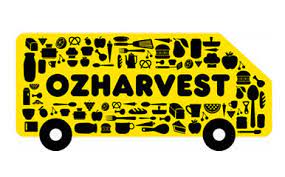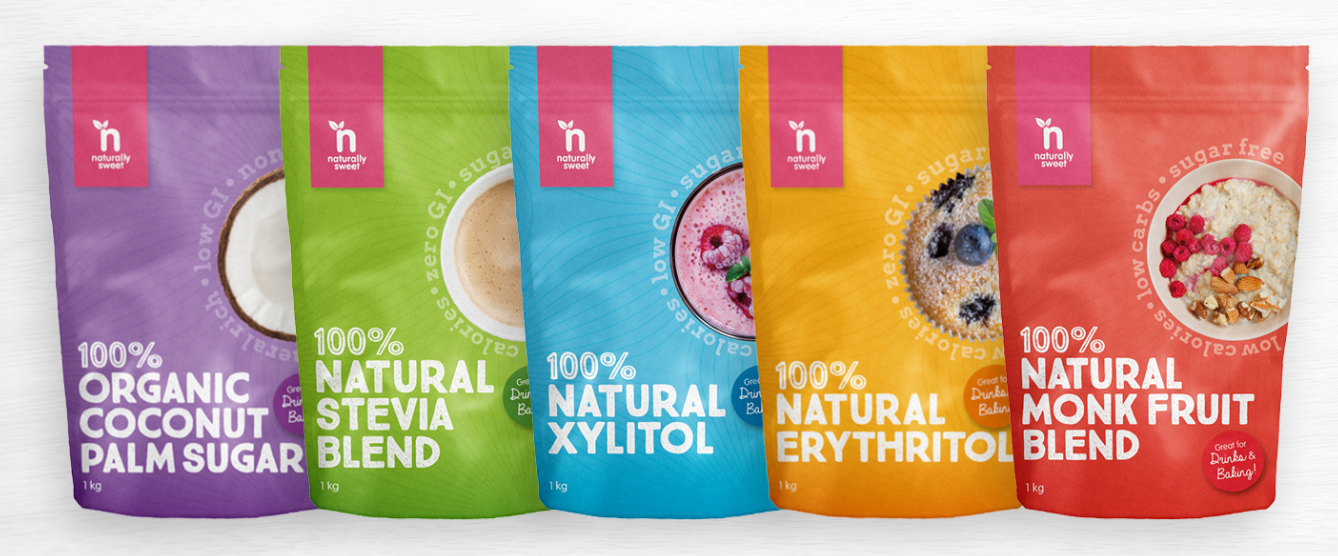Leading health organisations release recommendations to tackle soft drink overconsumption
- A 600ml sugar-sweetened soft drink contains about 16 packs/ teaspoons of sugar.
- Based on US estimates, consuming one can of soft drink per day could lead to a 6.75 kg weight gain in one year.(i)
- Launch of TV Campaign: Rethink Sugary Drink, to encourage Australians to switch to water and reduced-fat milk.
For the first time three of Australia’s leading health organisations have joined forces to release recommendations on the sale and availability of sugar-sweetened beverages such as soft drinks in an attempt to tackle obesity rates. Cancer Council, Diabetes Australia and the Heart Foundation of Australia have called for immediate action by governments, schools and non-government organisations such as sport centres to tackle one of the key contributors to obesity in Australia – sugary drinks. Consumption of sugar sweetened beverages, which include all non-alcoholic water based beverages with added sugar such as soft drinks, energy drinks, fruit drinks and sports drinks, is associated with a range of serious health issues including weight gain and obesity, which in turn are risk factors for diabetes, cardiovascular disease and cancer.(ii) Craig Sinclair, Chair of the Public Health Committee at Cancer Council Australia, says it’s time for Australians to rethink sugary drinks and switch to water or low-fat milk. He said comprehensive action needs to be taken to highlight the amount of sugar and empty kilojoules in these drinks and the potential health impacts of high levels of consumption. “Soft drinks seem innocuous and had occasionally they’re fine, but soft drink companies have made it so they’re seen as part of an everyday diet – there’s an entire aisle dedicated to them in the supermarket, most venues and workplaces have vending machines packed with them, they’re often cheaper than bottled water and are advertised relentlessly to teenagers. “But sugary drinks shouldn’t be part of a daily diet — many people would be surprised to know that a regular 600ml soft drink contains about 16 packs of sugar and that’s a lot of empty kilojoules. Yet they’re being consumed at levels that can lead to serious health issues for the population – it’s time to stop sugar-coating the facts,” said Mr Sinclair. Sugary drinks are widely consumed by Australian adults and children. In the 12 months to October 2012, Australians bought 1.28 billion litres of carbonated/still drinks with sugar, with regular cola drinks being the most popular (447 million litres).(iii) The 2007 Australian National Children’s Nutrition and Physical Activity Survey found that almost half (47%) of children (2 to 16 years of age) consumed sugar-sweetened beverages (including energy drinks) daily, with a quarter (25%) consuming sugary soft drinks daily. Kellie-Ann Jolly, acting CEO of the Heart Foundation, says governments play an important role in helping reduce public consumption of sugar-sweetened beverages and raising awareness of the associated health impacts. “We urge the Federal Government to implement restrictions to reduce children’s exposure to marketing of sugary drinks, including through schools and sports events,” said Ms Jolly. A recent survey by the Cancer Council and Heart Foundation found that one in five secondary schools in Australia had vending machines - 49% of which contained sports drinks, and 38% soft drinks.(iv) “State governments too can help to address the problem by limiting the sale of sugary drinks in all schools and encouraging places frequented by children and young adults such as sporting grounds to reduce the availability of these drinks. We’d also like to see workplaces and healthcare settings getting on board,” Ms Jolly said. CEO of Diabetes Australia, Greg Johnson said a tax on sugar-sweetened beverages as part of a comprehensive suite of interventions could be an effective policy instrument for encouraging consumers to reduce their intake. “We call on the government to explore taxation together with other options,” he said.
Rethink Sugary Drinks TV campaign
The health organisations have today launched a new TV Community Service Announcement designed to highlight the amount of sugar in these types of drinks and encourage Australians to switch to water or reduced-fat milk. The TV ad has been licensed from the New York City Department of Health and tailored for an Australian audience.
Key recommendations to tackle consumption of sugar-sweetened beverages
1. A social marketing campaign, supported by Australian governments, to highlight the health impacts of sugar-sweetened beverages consumption and encourage people to reduce their consumption levels. 2. An investigation by the Federal Department of Treasury and Finance into tax options to increase the price of sugar-sweetened beverages or sugar-sweetened soft drinks, with the aim of changing purchasing habits and achieving healthier diets. 3. Comprehensive restrictions by Australian governments to reduce children’s exposure to marketing of sugar-sweetened beverages, including through schools and children’s sports, events and activities. 4. Comprehensive restrictions by state governments on the sale of sugar-sweetened beverages in all schools (primary and secondary), and encouraging restriction at places frequented by children, such as activity centres and at children’s sports and events (with adequate resources to ensure effective implementation, monitoring and evaluation). 5. An investigation by state and local governments into the steps that may be taken to reduce the availability of sugar-sweetened beverages in workplaces, government institutions, health care settings and other public places.
(i) Apovian CM. Sugar-sweetened soft drinks, obesity, and type 2 diabetes. Journal of the American Medical Association 2004; 292(8): 978-979.
(ii) Sugar-sweetened beverages consumption in Australia. The problem and what needs to be done, Consensus Statement by Cancer Council, Diabetes Australia and Heart Foundation (iii) Retail World magazine, December 2012 (iv) National Secondary Students’ Diet and Activity Survey, 2009-10, Centre for Behavioural Research in Cancer, Cancer Council Victoria



